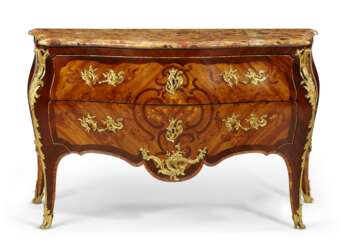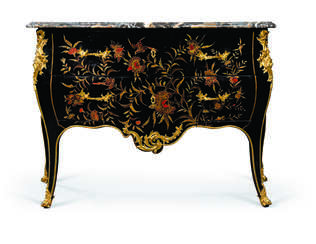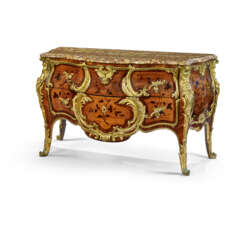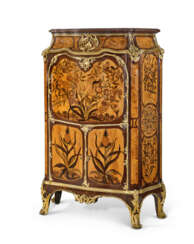жан-пьер латц (1691 - 1754)
Jean-Pierre Latz was one of the handful of truly outstanding cabinetmakers (ébénistes) working in Paris in the mid-18th century. Like several of his peers in the French capital, he was of German origin. His furniture is in a fully developed rococo style, employing boldly sculptural gilt-bronze mounts complementing marquetry motifs of flowers and leafy sprays, in figured tropical veneers like tulipwood, amarante, purpleheart and rosewood, often featuring the distinctive end-grain cuts.
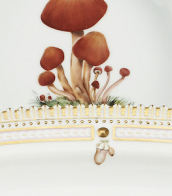
Jean-Pierre Latz was one of the handful of truly outstanding cabinetmakers (ébénistes) working in Paris in the mid-18th century. Like several of his peers in the French capital, he was of German origin. His furniture is in a fully developed rococo style, employing boldly sculptural gilt-bronze mounts complementing marquetry motifs of flowers and leafy sprays, in figured tropical veneers like tulipwood, amarante, purpleheart and rosewood, often featuring the distinctive end-grain cuts.

Jean-Pierre Latz was one of the handful of truly outstanding cabinetmakers (ébénistes) working in Paris in the mid-18th century. Like several of his peers in the French capital, he was of German origin. His furniture is in a fully developed rococo style, employing boldly sculptural gilt-bronze mounts complementing marquetry motifs of flowers and leafy sprays, in figured tropical veneers like tulipwood, amarante, purpleheart and rosewood, often featuring the distinctive end-grain cuts.
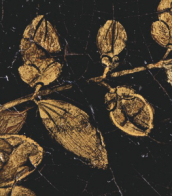
Jean-Pierre Latz was one of the handful of truly outstanding cabinetmakers (ébénistes) working in Paris in the mid-18th century. Like several of his peers in the French capital, he was of German origin. His furniture is in a fully developed rococo style, employing boldly sculptural gilt-bronze mounts complementing marquetry motifs of flowers and leafy sprays, in figured tropical veneers like tulipwood, amarante, purpleheart and rosewood, often featuring the distinctive end-grain cuts.
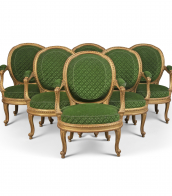
Jean-Pierre Latz was one of the handful of truly outstanding cabinetmakers (ébénistes) working in Paris in the mid-18th century. Like several of his peers in the French capital, he was of German origin. His furniture is in a fully developed rococo style, employing boldly sculptural gilt-bronze mounts complementing marquetry motifs of flowers and leafy sprays, in figured tropical veneers like tulipwood, amarante, purpleheart and rosewood, often featuring the distinctive end-grain cuts.

Jean-Pierre Latz was one of the handful of truly outstanding cabinetmakers (ébénistes) working in Paris in the mid-18th century. Like several of his peers in the French capital, he was of German origin. His furniture is in a fully developed rococo style, employing boldly sculptural gilt-bronze mounts complementing marquetry motifs of flowers and leafy sprays, in figured tropical veneers like tulipwood, amarante, purpleheart and rosewood, often featuring the distinctive end-grain cuts.



